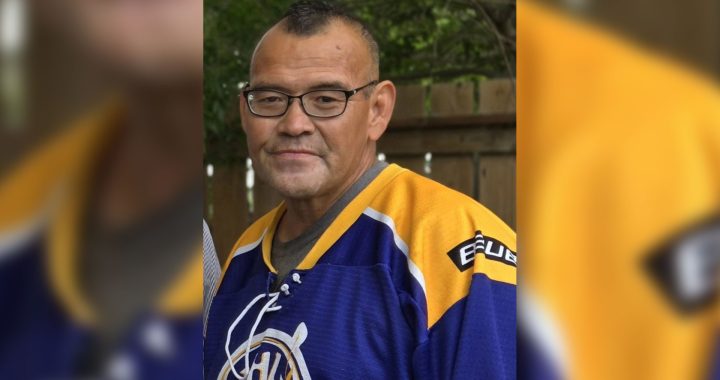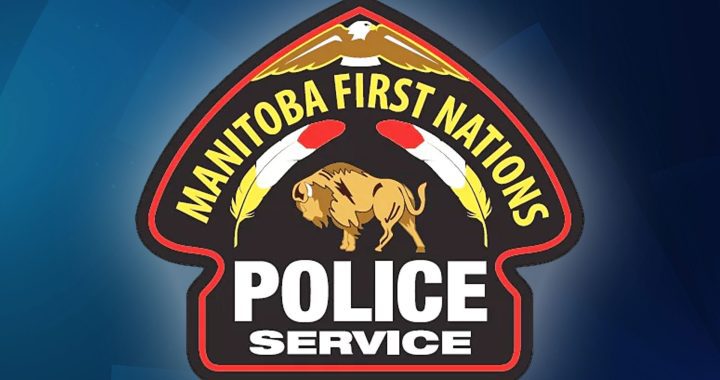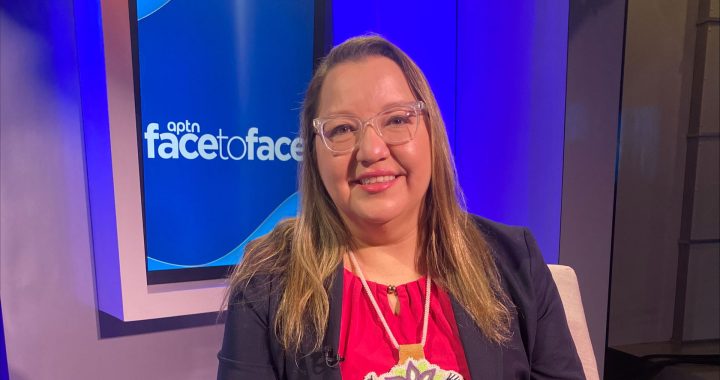Showdown looming over HST, says Brant
The Ontario and federal governments should reverse course and exempt First Nations from the harmonized sales tax or authorities could find themselves facing a situation reminiscent of 2007 when Mohawks from Tyendinaga faced-off with police during a blockade of the province’s main highway, according to one of the Mohawks involved in that protest.
By Jorge Barrera
APTN National News
OTTAWA — The Ontario and federal governments should reverse course and exempt First Nations from the harmonized sales tax or authorities could find themselves facing a situation reminiscent of 2007 when Mohawks from Tyendinaga faced-off with police during a blockade of the province’s main highway, according to one of the Mohawks involved in that protest.
Tyendinaga Mohawk Shawn Brant said First Nations communities from across Ontario were dead-set against the “imposition” of the tax, and he referred to the December shut down of the border crossing near Sault Ste. Marie, Ont., as proof of how serious many were taking the issue.
“If they want to go down the road of 2007, if that is the road they want, then that is what is going to happen,” said Brant, in a telephone interview with APTN from Tyendinaga, which sits about 200 kilometres east of Toronto.
Mohawks from Tyendinaga shut down Hwy. 401 for several hours on June 29, 2007, in response to the National Day of Action called by then Assembly of First Nations national Chief Phil Fontaine. The blockade came within a heart-beat of a violent confrontation before the Mohawks withdrew.
Brant and the Tyendinaga Mohawks were also involved this past June in blockading a bridge in support of Akwesasne, a sister Mohawk community, involved in a standoff with the Canada Border Services Agency over the arming of border guards on Mohawk land that shut down a Canada-U.S. border crossing.
Brant said his community “was throwing our name into the hat” as part of the opposition to the tax. He said they were responding to a call made by Ontario First Nations leaders during the Assembly of First Nations special chiefs assembly in Ottawa last December.
Ontario chiefs said recently they planned to take their HST opposition to Parliament Hill on March 10. The tax is expected to come into force July 1. Ontario First Nations currently have a point of sale exemption from the provincial sales tax, but that will change when the eight per cent tax is merged with the 5 per cent GST to create a new 13 per cent tax.
Ontario chiefs said imposing the tax without consultation was an attack on their sovereignty and a breach of governments’ legal duty to consult First Nations on matters that impact their rights or title. They also argue the tax will also place an added burdened on an already impoverished segment of society.
The Batchewana and Garden River First Nations closed down the International Bridge near Sault St. Marie for two hours in December. The communities had also previously shut down traffic on a nearby highway in protest of the HST.
Brant, who was released from jail in September following several months of incarceration over protest-related convictions, said opposition to the HST had united First Nations communities across the province in a way he had rarely seen before.
“The HST is the glue that is bringing divisions within our community back together into one cohesive community. People are coming together to stand on this issue like we have never stood before,” he said. “We only need to stand once, and when we stand cohesively, this government will have no choice but to deal with us for who we are and that is the owners of the land.”
Brant was also recently arrested and released in connection to alleged mischief on a quarry that had been reclaimed by Mohawks over the past three years. Brant said the OPP has also issued an arrest warrant in his name for allegedly obstructing a peace officer in relation to an incident involving the extermination of two foxes near the local school. Brant said someone outside the community was called in by the band to deal with the foxes, but was stopped because they planned to use poison.
“We intervened in that particular situation and had a conversation and suggested that if there were animals on our land that we would take care of them in a respectful and proper way,” he said.
Brant said he believes the recent OPP attention is related to his HST opposition involvement, first voiced in late January during a panel discussion at Carleton University in Ottawa.
Brant said he believes other issues, like undrinkable water plaguing numerous First Nations and the rising number of First Nations children taken by social services from homes, were far more important than opposing a tax.
“It hurts me that this is going to be the issue that people stand behind, yet it is what it is,” he said.










